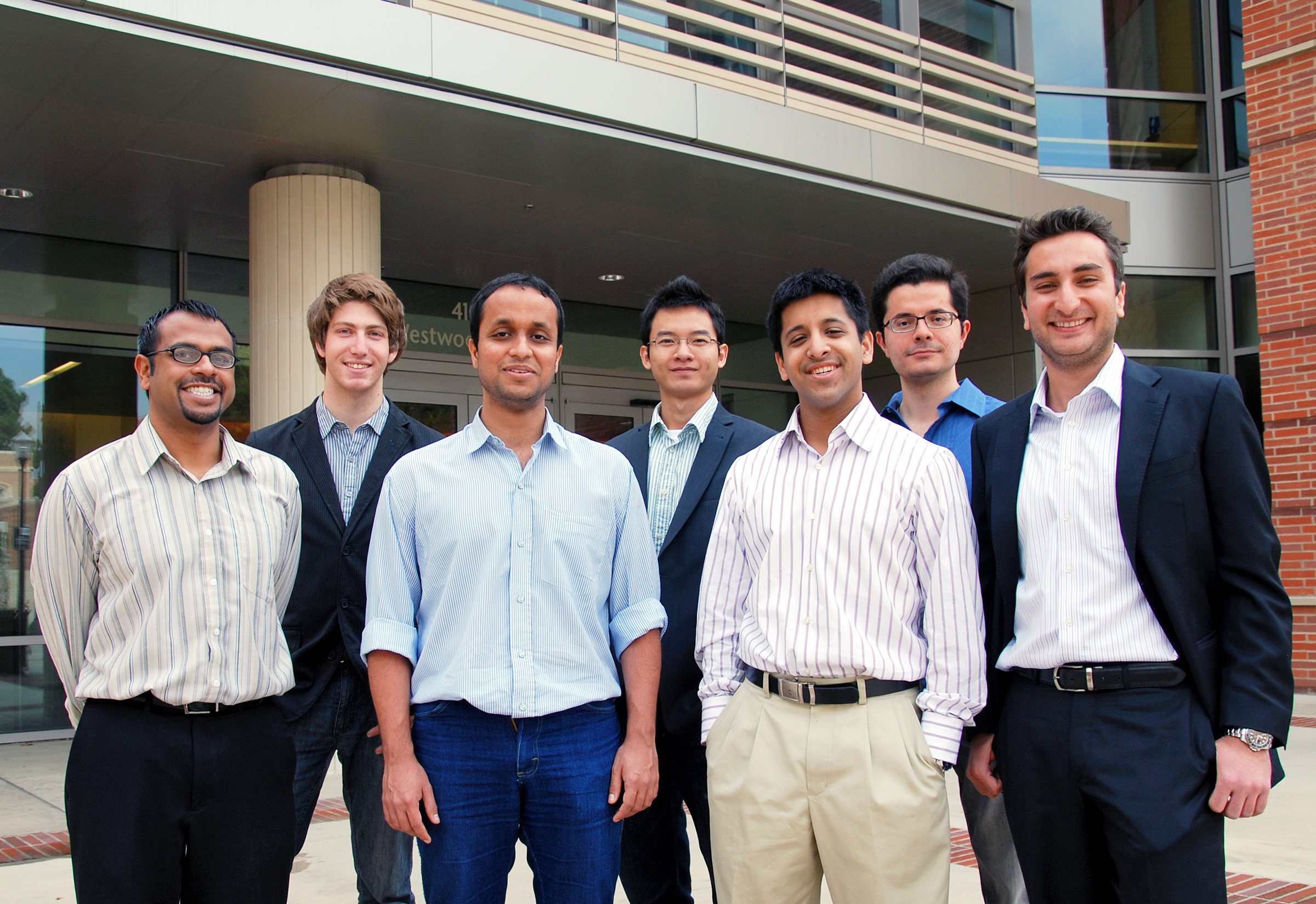After working as a computer science engineer for five years, Max Ohlendorf was tired of getting lost in the stratified bureaucracy of a company.
He wanted control over what he was doing and direct input on his own projects.
After entering the UCLA Anderson School of Management’s dual degree MBA/master of computer science program, he joined the Technical Entrepreneurial Community at UCLA.
“I felt the yearning for entrepreneurship. … I wanted to build with my own hands and have the power to create something as I wanted it to be,” Ohlendorf said.
TEC started three years ago and is comprised of about 80 engineering and business-minded students, both undergraduate and graduate.
Specifically aimed at engineers, TEC guides students through the process of building a startup company from the inception of a technical idea to protecting that idea with a patent and acquiring financial support from investors.
Since its establishment, three companies associated with TEC alumni have gone on to receive funding from either angel investors or government sources.
TEC tries to bridge the gap between entrepreneurship and science, abstract ideas and concrete capitalism.
“You have a technology, (but) then what do you do? What’s the first step? Who do you talk to?” said electrical engineering graduate student Nikhil Mittal.
By providing mentors from the business community and a pro bono, in-house counsel program, TEC allows students like Mittal to learn how to protect their intellectual property and how to transform their ideas into successful startup companies by networking with experienced professionals.
Another way Mittal is learning about this business process is through the TEC Assessment Group, an ongoing project and yearlong competition that teaches engineers the process of evaluating early stages of technology for their market viability.
The students learn to formulate business models and protect their ideas through seminars and simulations.
Each of the 12 students in the competition examines a pending patent originating from UCLA during the exercise.
Mittal said his team will look into emerging biomedical technology that could make medical devices cheaper and more accessible to the general public.
According to Mittal, this technology could help ease the cost of expensive medical products and be beneficial to hospitals and clinics.
“The TEC Assessment Group program … gives the students the perspective of the investor and not the head of a company. We want to let students learn how to evaluate whether the technology can be developed and commercialized,” said Chuong Nguyen, a computer science doctoral candidate and current president of TEC.
For Mittal, TEC’s educational and networking opportunities appeal to him because they will help with his future entrepreneurial projects.
“The whole idea of owning something yourself and setting up something from scratch is what fascinates me,” Mittal said.
